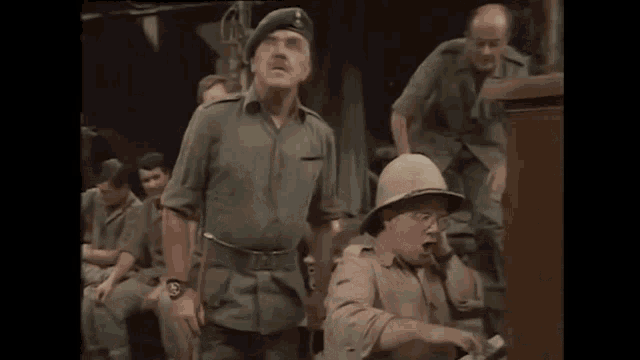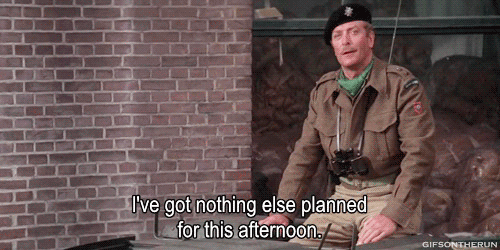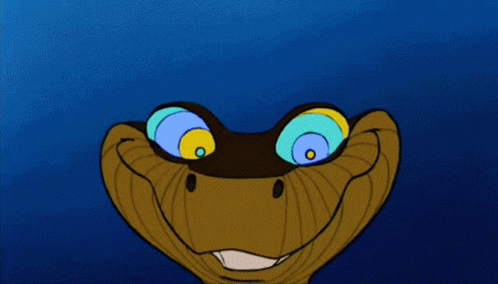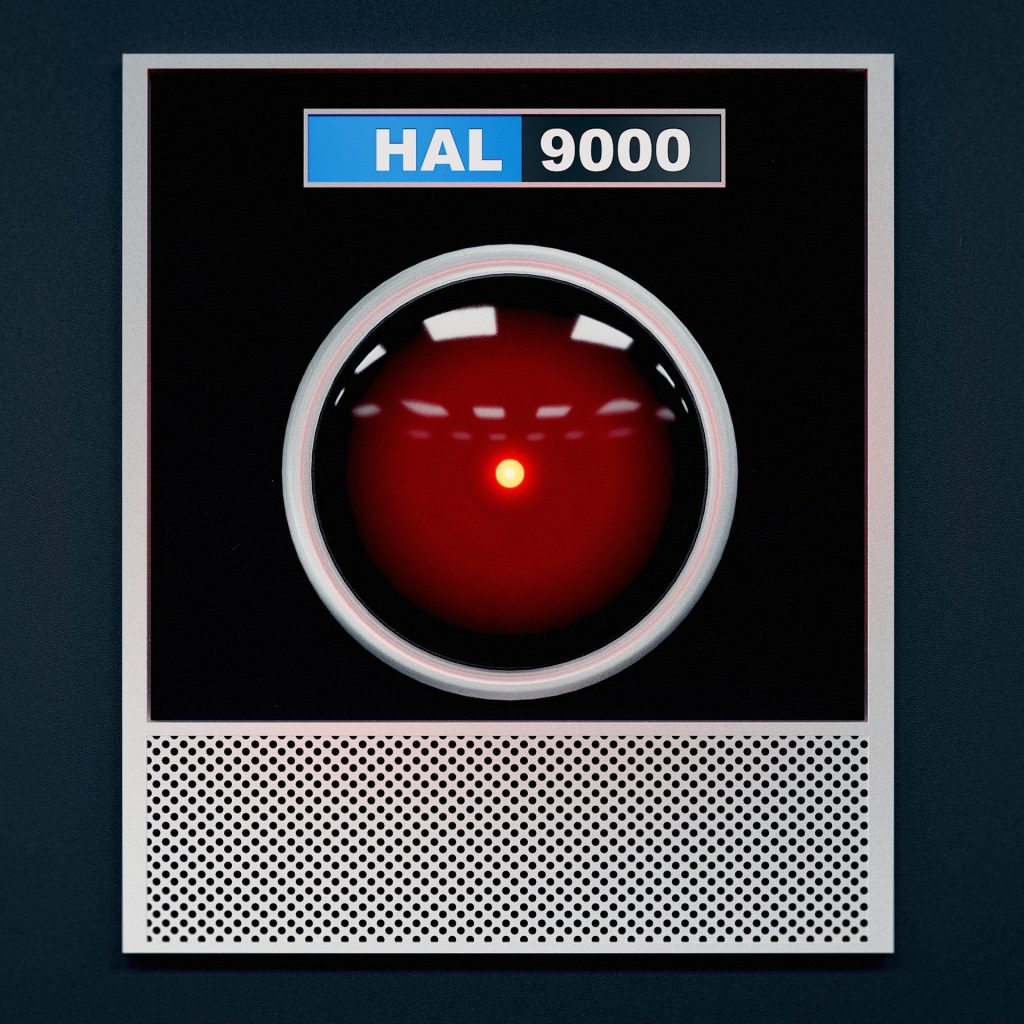“Turn from the light. Your breast bare. Look into the dark.”
I encountered the BBC’s adaptation of Schalcken the Painter one Christmas night in 1979. Looking at Wikipedia now, I can confidently inform you that it was shown under the Beeb’s Omnibus arts umbrella, part of the corporation’s a Ghost Story at Christmas tradition. Since then, it has rarely been repeated, although the BFI released an edition of the film on DVD about a decade ago which is where I rediscovered it.
But that first viewing many years ago, was part of the serendipity of the three terrestrial TV channels of the time. As a child, I’d just turn the dial to commune with the great collective unconscious in the sky and keep turning it until something found me.

Schalcken was that something. Feeling much less like a programme than something that manifested when I was up later than I should have been, it was a story beamed directly into me. Without knowing anything about it or having a copy of the Radio Times to hand, the film was charged with what Simon Reynolds might call a hauntological atmosphere, a static-tinged invocation of the past where the absence of any context felt like a presence. It was less like something that had been programmed and more akin to something that had slipped through.
The film is an adaptation of Sheridan Le Fanu’s short story of the same name. Both centre on a young Dutch painter, Godfried Schalcken, who was known for candlelit portraits of young women that were both suggestive and intimate. Apprenticed to the miserly Gerrit Dou, the story concerns one such work by the young painter. It depicts a woman carrying a candle while the figure of Schalcken himself stands behind her, sword half-drawn. A shadowy something lurks nearby.Subscribed
Narrated by Charles Gray, the film reveals that Schalcken produced the painting after experiencing a terrifying vision of his lost love, Rose, Gerrit Dou’s niece, following her marriage to an unearthly rival, Minheer Vanderhausen. After the marriage, she returns to the family home to beg for help, but Schalcken is unable to aid her. Subsequently, he becomes embittered and is ruined by ambition and regret. Cursed by strange visions of Rose’s fate, he paints the picture that is the tale’s inspiration.
Looking back now, for me the most striking aspect of Leslie Megahey’s production was its sound design. The foley work is close-miked, claustrophobic and opinionated. Coins clatter guiltily. Mealtimes are a medley of scraped cutlery and clocks ticking. Above all, the ghoulish Vanderhausen is introduced by a subtle creaking cue and a basso throb.
Maurice Denham is at his gnomic best as the acerbic Gerrit Dou. (Setting up one scene for his students, he dismissively indicates his two models: “St Anthony. Temptation. Devils … you will imagine the devils”). Jeremy Clyde’s Schalcken is at once amoral and careerist. Cheryl Kennedy’s Rose is, alas, little more than a human plot point. And there is something magnificently ghastly in John James’ monolithic Vanderhausen.Subscribed
Many of the film’s scenes are painterly tableaux that echo the Dutch Masters. They are composed as slow, locked-off shots demanding attention and suggestive that things are happening just outside their frame. The overall pace is profoundly mesmeric. As a kid who revelled in the reckless blood-spurting, page-turning chaos of 2000 AD, the film’s sense of stillness was agonising and compelling.
If Le Fanu’s original tale is a masterful example of gothic grimoire, Megahey’s adaptation is more satisfyingly grounded and disturbing, I think, in that it explores aspects that the source material only hints at. Namely, the commodification of the erotic, the sex worker economy and the casual treatment of Rose as an object for sale to the highest bidder, in this case the eminently unsuitable Vanderhausen.
Encountering this film without any context made it all the more unnerving. Lacking much to orient me, its docudrama approach, unsettling atmosphere and languorous sense of dread were perfect. But I do wonder how much of its impact was a function of the way it found me, free of frames of reference or any sense of what it was.
A perfect example, perhaps, of the uncanny as a format rather than a plot, its final few scenes lurking in my memory for days after I saw it and still capable of evoking a sense of dread years later. But that mood lay not only in the tale itself, but in how it arrived, formally unplaceable, aesthetically estranged. Schalcken the Painter wasn’t just uncanny in content. For me, bathing in the flickering TV light that night, it was the uncanny
Years later, I rediscovered the film and watching it now, it’s still chilling, but since I know so much about it, its sense of dread has receded. Knowledge of its origin has dispelled its hauntological charge. That notion I had of not-knowing, the feeling I was watching something that might be forbidden has faded, taking with it the creeping sensation that instead of a slightly hokey Christmas ghost story, I was witnessing a transmission from the outside.
My weird fantasy debut The Lighthouse at the End of the World is published by Titan Books April 2026. Pre-order it here.
Questions for this issue:
- I’d love to hear from anyone else who has encountered the uncanny as format?
Playlist
- You can hear Sheridan Le Fanu’s original gothic tale read by the wonderful Ian McDiarmid here.
- Watch Leslie Megahey’s the adaption here. You’ll need to login due to age restrictions (there is some nudity, well, it was the 1970s). The reproduction is low quality, although IMHO that only adds to its atmosphere.
- The BFI’s Graham Fuller analyses the film: https://www.bfi.org.uk/features/why-i-love-schalcken-painter
- You can buy the BFI DVD edition here. Apologies for the Amazon link but the BFI shop seems to be closed right now.



